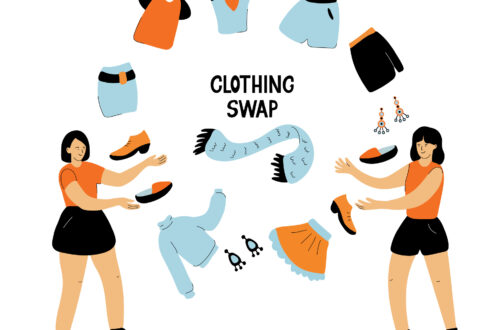The Cost of Knowing Best
The cost of thinking you are right or you know best is probably more than you have thought about.
The single biggest problem, I believe, with thinking that you are always right is that you stop listening. I bet that if you are one of those type of thinkers, even right now your mind is piping up loud and clear, “nope, I always listen – I’m just always right.” Then, your work if you are the person that believes they are always right, the one that is always interrupting, the first person to shout out their sage advice is to be quiet. It’s going to be super hard at first because every fiber of your being is going to be screaming to let your wisdom on out, but just like with yoga, we get better with practice. For myself, this act of being quiet when I do not want to has been a big shift. Because guess what? I started learning more, making better connections with people because I was listening – not with the intent of responding, but just listening. Every time you choose to be right, you miss a big opportunity to learn something new, see an old problem a new way, or just be a mirror for someone else’s learning. There is that other issue – you know, when you find out you really did not know best? A painful lesson we are probably exposed to more regularly than our egos will let us admit.
And that is where stopping this whole I’m right, do it my way kind of thinking really turns into something special. We get to just make some space for our fellow humans to find their own way. We’ve learned about this concept previously in our Yamas and Niyamas challenge – Ahimsa or Non-violence. When we work so hard to be right, that means we make someone else wrong. When we push our unsolicited advice on another person, we tell them they have no idea what they are doing. We are sitting in judgement, and for many of us, this is probably the furthest thing from our minds as we believe very often that we are helping people with our advice. We are saving them from some “known” peril. It is a pretty interesting turn of thinking once you see that in forcing our way upon others, we are teaching people that they cannot do things on their own, their ideas suck, and they should be completely dependent in all ways. We do it with our kids, our aging parents, our co-workers, for Pete’s sake, we do it to complete strangers.
The next time some soul comes up to you lamenting about their recent heartbreak or problem, take one of those good old yogi breaths and listen. Are they really asking for your advice? Do they just need you to listen? Would it be best to allow them to figure it out themselves?





